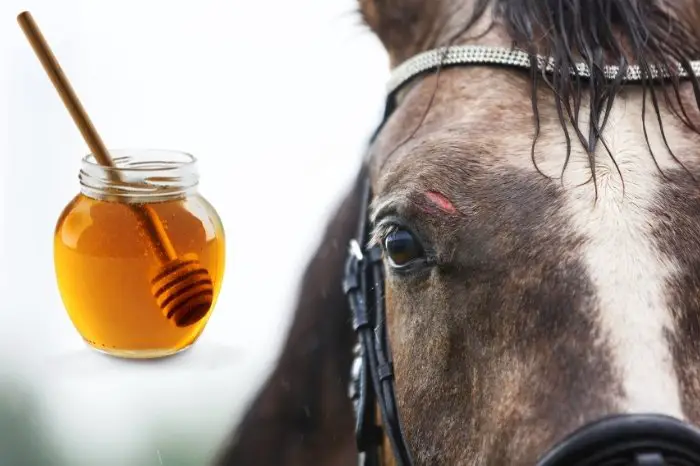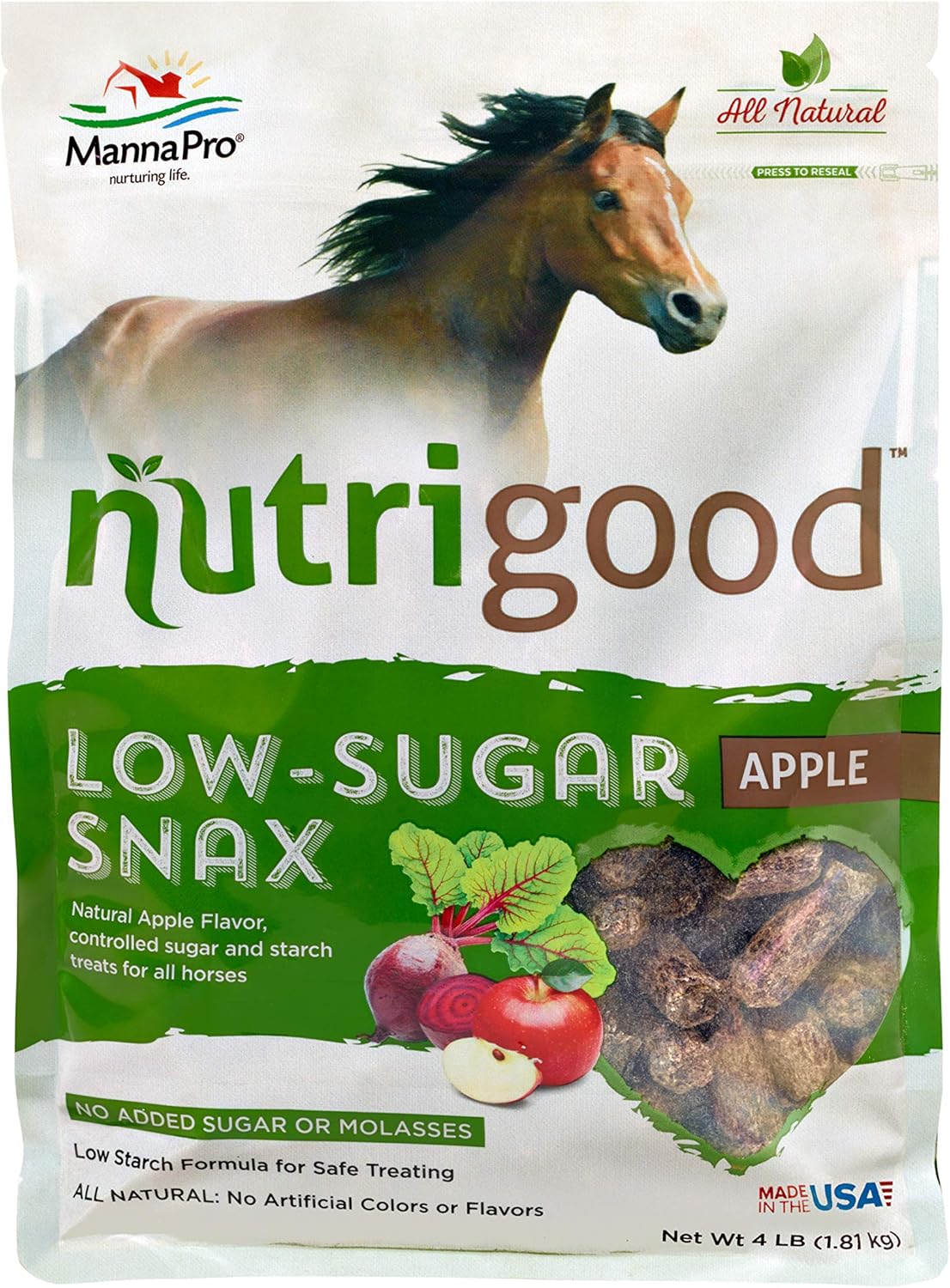Last Updated on May 24, 2022
It is well known that horses like sweet treats, but can horses eat honey? Or is honey toxic to horses? Let’s find out everything you need to know about can horses eat honey!
Can Horses Eat Honey?
Horses love to snack on sweet things, and many horses will enjoy sugary snacks such as sugar lumps and sweet fruits. But does this mean that horses can eat honey, and do they like eating honey?
Horses can eat honey, and honey is not toxic to horses. Most horses will enjoy eating honey, and will readily lick it from the palm of your hand.
However, you do need to be cautious when feeding honey to horses. Honey is a high-calorie food, even when fed in small amounts. This can cause problems in horses, especially those prone to weight gain or with obesity-related health problems.
Is Honey Good For Horses? Can Horses Eat Honey?
Horses love to eat honey, but does this sweet treat have any nutritional benefits to horses? Honey is completely safe for horses to eat, without any toxic side effects. The sweet flavor of honey can be used to disguise medications if your horse is a fussy eater. Bear in mind that the high sugar content can cause problems if eaten in large quantities, so keep honey for an occasional treat.
Honey has medical benefits for horses that suffer from certain medical conditions. Horses that suffer from chronic stomach ulcers have been shown to improve if treated with manuka honey, and this is now often included in equine gastric ulcer feed supplements. The honey protects the lining of the stomach, while its anti-inflammatory properties help to heal existing ulcers.
This naturally sweet substance is also high in calcium, protein, and vitamins A and B. It is shown to reduce oxidative stress in many body organs, including the kidneys and liver. This helps the body to stay healthy and aids repair or replacement of ageing body cells. In humans, honey has been shown to improve athletic performance, particularly in endurance athletes. This wonder food may also be helpful for athletic horses, such as those that compete in long distance trail rides.
Check Out Can Horses Eat Asparagus?
What Is The Best Type Of Honey For Horses?
You will see both organic and processed honey for sale in the store, so which is best for horses? Organic honey is made using the bare minimum of chemicals, and undergoes very minimal processing. It is thought that organic honey from a local supplier can be helpful for hay fever sufferers, as the pollen collected by bees that make the honey helps to accustom the body to local pollen sources.
Nutrigood Low-Sugar Snax | Apple Flavor Horse Treats | 4 Pounds
Processed honey is normally pasteurized to preserve the honey for longer, killing off any natural bacteria and yeasts. The bees used to make processed honey may have been treated with chemicals, and they are often fed artificial sugar to boost the honey harvest.
Research suggests that there is very little difference in nutritional benefits when it comes to raw vs processed honey, but it is generally considered preferable to opt for the organic option when possible. However, organic raw honey can be quite expensive, so if this is out of your price range then buy processed honey instead.
Read more about Is Clover Bad For Horses?
When Should You Avoid Giving Honey To Horses?
Horses that are overweight or obese should not be given honey or any other types of sugary snacks. Overweight horses are at risk of some serious health conditions, and a sudden rise in blood sugar levels can be very dangerous.
When a horse has too much body weight, it can develop a condition called insulin resistance. This is closely linked to two other serious health problems in horses – equine metabolic syndrome, and laminitis. Insulin resistance means that the body system that controls blood sugar is not functioning correctly, and blood glucose levels can raise to dangerously high levels.
Giving honey to a horse that is already at risk of high blood sugar may trigger further complications, such as laminitis.
Can Honey Be Used To Treat Wounds In Horses?
The use of honey to treat wounds is becoming increasingly popular, and research has shown that honey has some remarkable effects when applied to wounds. Honey has natural anti-oxidant, anti-inflammatory, and antibacterial properties. It speeds up healing and reduces the risk of wound infections.

The use of honey to treat wounds is very helpful in the fight to reduce our reliance on antibiotics. Natural wound treatments such as honey can improve healing and combat infection, without the need for antibiotics.
Summary – Can Horses Eat Honey?
So, as we have learned, the question of can horses eat honey depends on a few factors. Honey is highly palatable and enjoyed by horses, and this sweet treat can be eaten by horses in small amounts. However, horses that are overweight or suffering from obesity-related health problems must never be given honey or other sugary snacks.
We’d love to hear your thoughts about can horses eat honey! Does your horse enjoy sweet treats like honey and sugar lumps? Or maybe you have to restrict your pony to healthier snacks because he is prone to gaining weight? Leave a comment below and we’ll get back to you!
FAQ’s

Kate Chalmers is a qualified veterinary nurse who has specialized in horse care for the vast majority of her career. She has been around horses since she was a child, starting out riding ponies and helping out at the local stables before going on to college to study Horse Care & Management. She has backed and trained many horses during her lifetime and competed in various equestrian sports at different levels.
After Kate qualified as a veterinary nurse, she provided nursing care to the patients of a large equine veterinary hospital for many years. She then went on to teach horse care and veterinary nursing at one of the top colleges in the country. This has led to an in-depth knowledge of the care needs of horses and their various medical ailments, as well as a life-long passion for educating horse owners on how to provide the best possible care for their four-legged friends.
Kate Chalmers BSc (Hons) CVN, Dip AVN (Equine) Dip HE CVN EVN VN A1 PGCE

